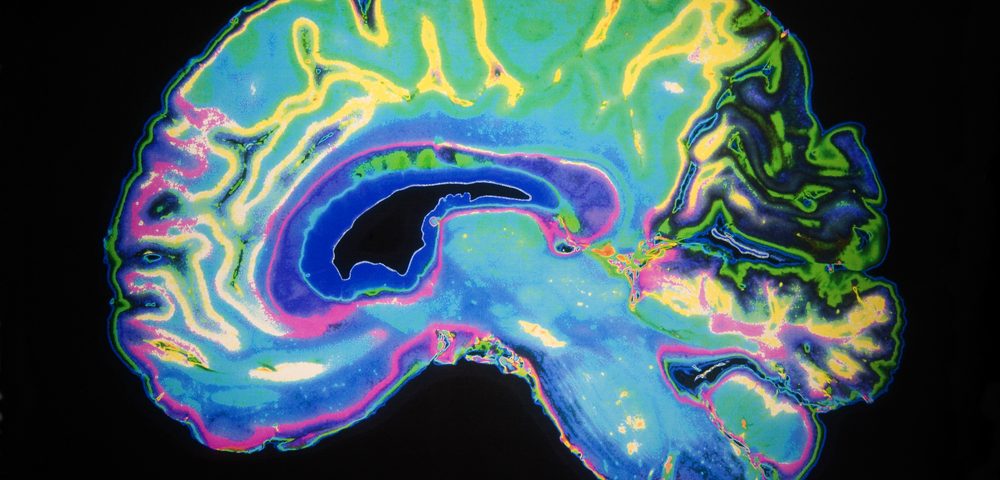Psychological therapy, especially cognitive behavioral therapy, can help to ease depression and improve quality of life in patients with inflammatory bowel disease (IBD), but generally only for the short term, a study reported.
The study, a systematic review and meta-analysis, is titled “Effect of psychological therapy on disease activity, psychological comorbidity, and quality of life in inflammatory bowel disease: a systematic review and meta-analysis” and was published in The Lancet: Gastroenterology and Hepatology.
For the review, its lead author, Alexander Ford, MD, of the Leeds Gastroenterology Institute, and colleagues revisited relevant literature from 1947 up to Sept. 22, 2016. They included 14 randomized control trials evaluating psychological therapies, reporting outcomes in a total of 1,196 IBD patients.
Psychological therapies were not seen by the researchers to reduce a person’s relative risk of relapse in dormant IBD in comparison to other interventions, but all these therapies were associated with improvements in depression scores and quality of life.
Cognitive behavioral therapy, particularly, showed significant benefits on quality of life.
In one trial, cognitive behavioral therapy was associated with 21 percent of patients with active IBD entering clinical remission, compared to only 4 percent in the control group, after 18 months of follow-up. This therapy aims to change the way people think and behave.
Ford and his colleagues concluded that psychological therapies might provide a short-term aid in improving symptoms of depression and quality of life, but in order to maintain the results, treatment must be continued.
“These effects appear to be lost over time,” Ford and his team said in a press release. “The beneficial effect on quality of life was most notable when we only included randomized clinical trials that used cognitive behavioral therapy, which is thought to have the best evidence for efficacy in management of anxiety and depression.”
The authors add that patients with active IBD are known to carry a high psychological burden, suggesting that this group of patients could particularly benefit from these types of treatment.
“The strong association between depression and anxiety and unfavorable disease course suggests that clinicians should identify people with inflammatory bowel disease who also have substantial problems with anxiety and depression and refer them to appropriate treatment resources,” wrote John R. Walker, PhD, of the University of Manitoba, Canada, in a related editorial. “Attention to psychological functioning is likely to improve treatment outcome and reduce disability in patients with inflammatory bowel disease.”

